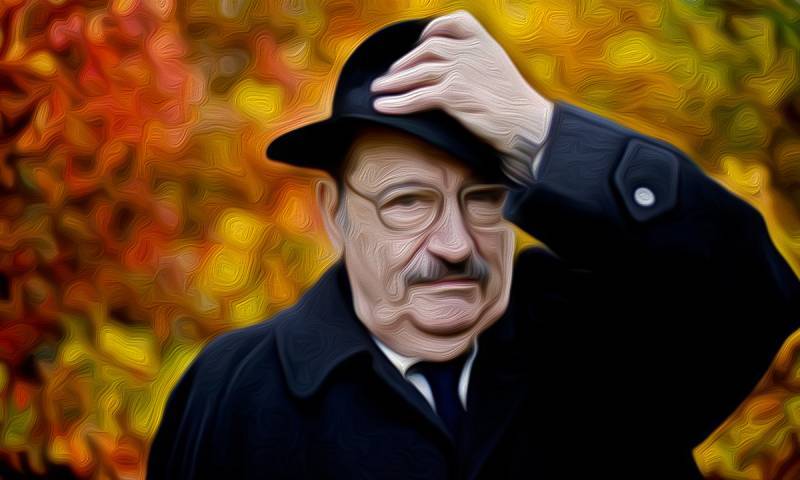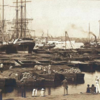Reflections on An Italian Icon
Umberto Eco passed away Friday evening in Italy! With his death, Italy loses one of its best representatives of all that is Italian: he was smart (an understatement, to be sure), amiable, flexible in thought and manner, and someone who wore his fame very well and thus never made you feel uncomfortable. Indeed, he was one of the few, the very few most approachable “famous” Italians I have met thus far in my four-plus decades of interaction with the haute monde of Italy.
I first met Umberto Eco in the late 1970s, in Berkeley, California. He had been invited by a couple of departments, Italian, Rhetoric, and the like. I had already come to know, on paper, Umberto Eco the semiotician; this was, in fact, the period of his English edition of his A Theory of Semiotics, a book that went on to influence generations of students/scholars of interpretation theory; a few years before the debut of Eco the novelist. But we didn’t really talk that much about semiotics; initially, though that is how the conversation began. I mentioned to him that my introduction to semiotics came via semiology, having first read Roland Barthes’s Elementi di semiologia years earlier; he smiled as we discussed what we — he, I should say — thought the main difference was between semiotics and semiology. For me, I must say, it sent me in another interpretive direction, one that has, ever since, made me look at a text (written, visual, or figurative) in its many signifying possibilities.
But, as I stated above, we didn’t speak much more about semiotics during that first meeting. We spoke, instead, about Liguria and nineteenth-century literature. More specifically, about Bordighera and Giovanni Ruffini. When Eco heard that Bordighera was, at that time in my life, a regular haunt of mine during the summers, he asked me if I had read Dottor Antonio. Of course, I thought he was pulling my leg. But, alas, I learned about a new nineteenth-century writer that evening, and indeed went on to read the above-mentioned novel, but in its original English, Doctor Antonio. Yes, Giovanni Ruffini wrote that novel in the 1850s while exiled in English after the failed 1848 attempt of unification. And I learned this at a cocktail party from Umberto Eco, and not in the regular graduate seminars offered on Italian fiction.
This was vintage Eco, I came to understand over the years. The expert in what some see as an exceedingly esoteric field that is semiotics, Eco could talk to you about the most seemingly banal to the most ostensibly inscrutable, and he did so in a most satisfactorily accessible manner. He was, as well, a popular voice, an academic intellectual who was willing to change registers and speak to the more general public; hence, his weekly column, “La bustina di Minerva,” for Italy’s best-selling magazine L’Espresso; and his topics varied from popular culture to the most serious of political issues. They constituted, I would underscore, the articulations of one of Italy’s truly public intellectuals.
My favorite four books of his are, by now, classics. A Theory of Semiotics and The Role of the Reader constitute my own analytical base of interpretation; and I pass on those thoughts with delight to my students when I teach both literature and interpreattion theory. My favorite two novels, in turn, are The Name of the Rose and The Island of the Day Before, two different worlds of centuries ago that, through his narrative skills, Eco has rendered contemporary in many ways.
I last saw Umberto Eco at the United Nations a bit over two years ago, where he delivered a lecture entitled “Against The Loss of Memory.” He was vintage Eco. People have and will refer to Umberto Eco as any and all of the following: writer, linguist, philosopher, novelist, semiotician, journalist, etc. He was all of that, as he was also the academy’s intellectual rock star! One thing is guaranteed for sure, he shall not be lost in our memory!
Anthony Julian Tamburri
Dean, John D. Calandra Italian American Institute
Distinguished Professor of European Languages and Literatures





































Comments
1
1
1